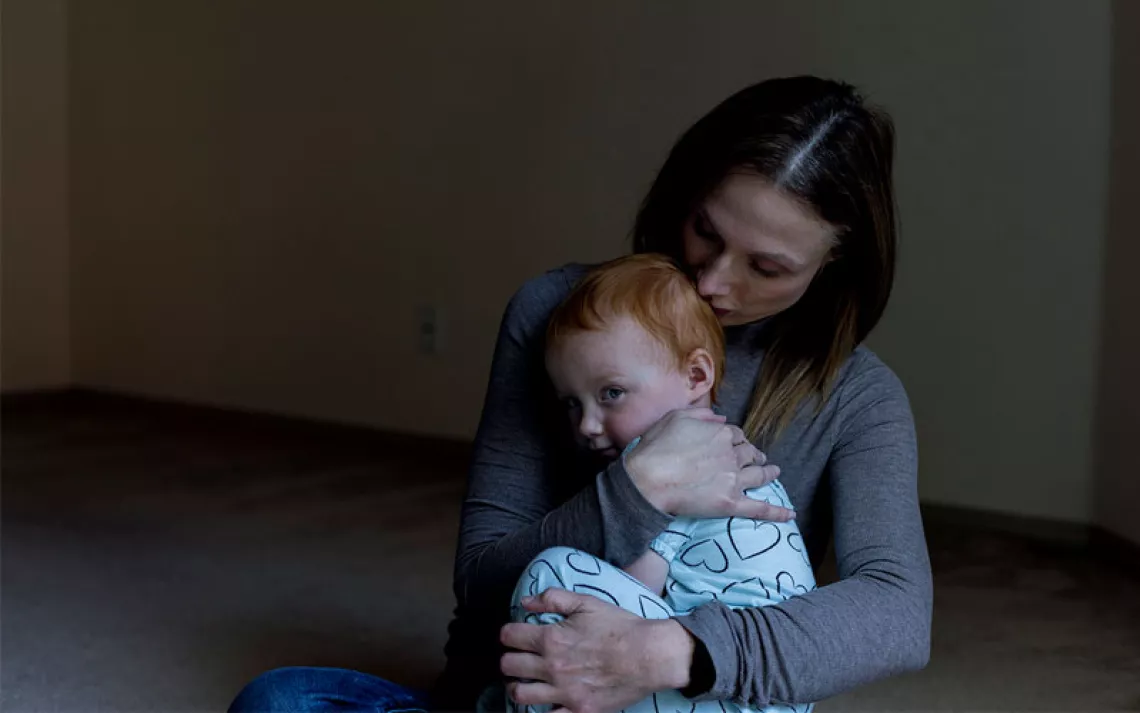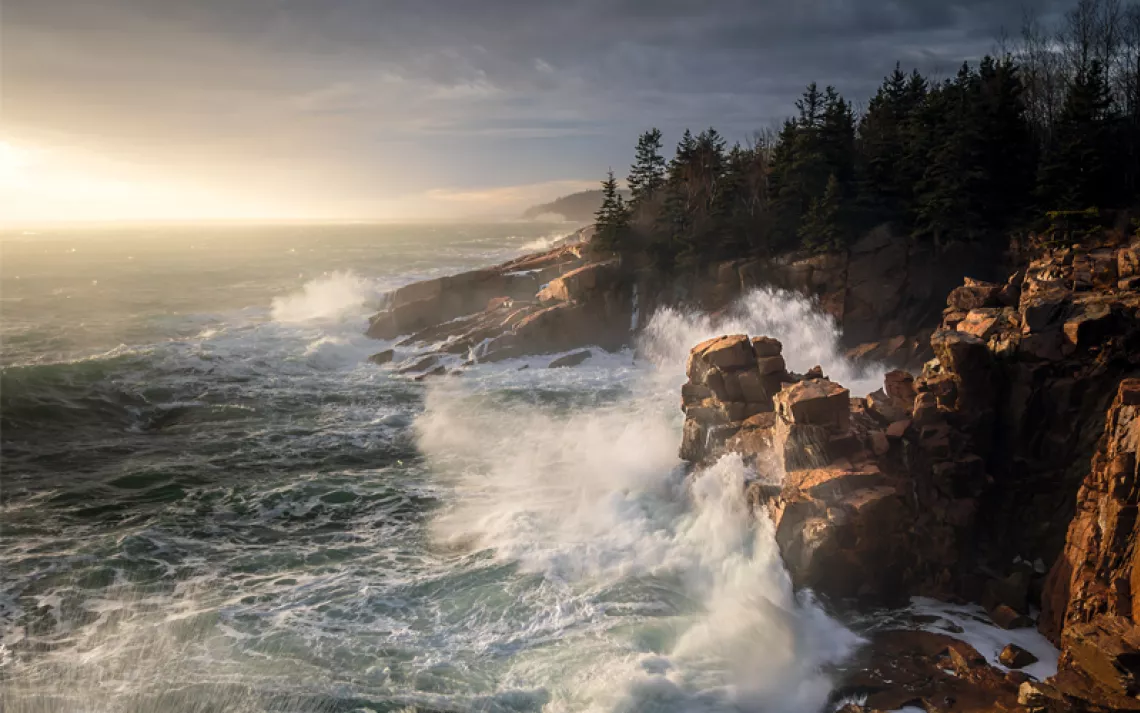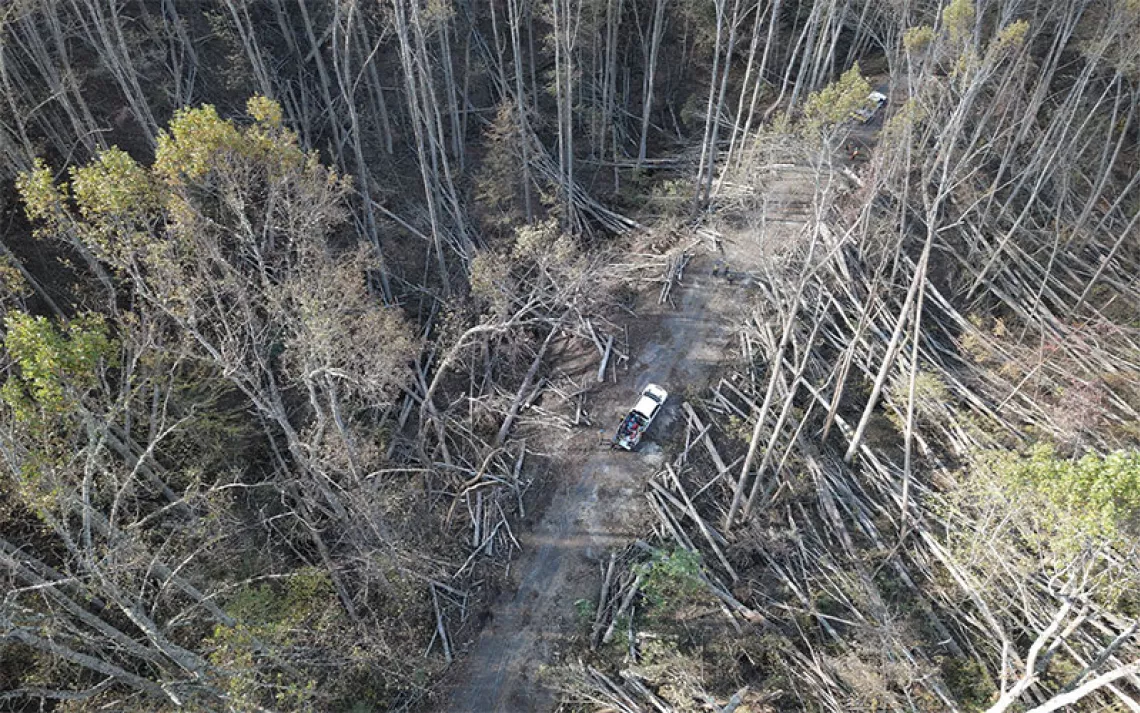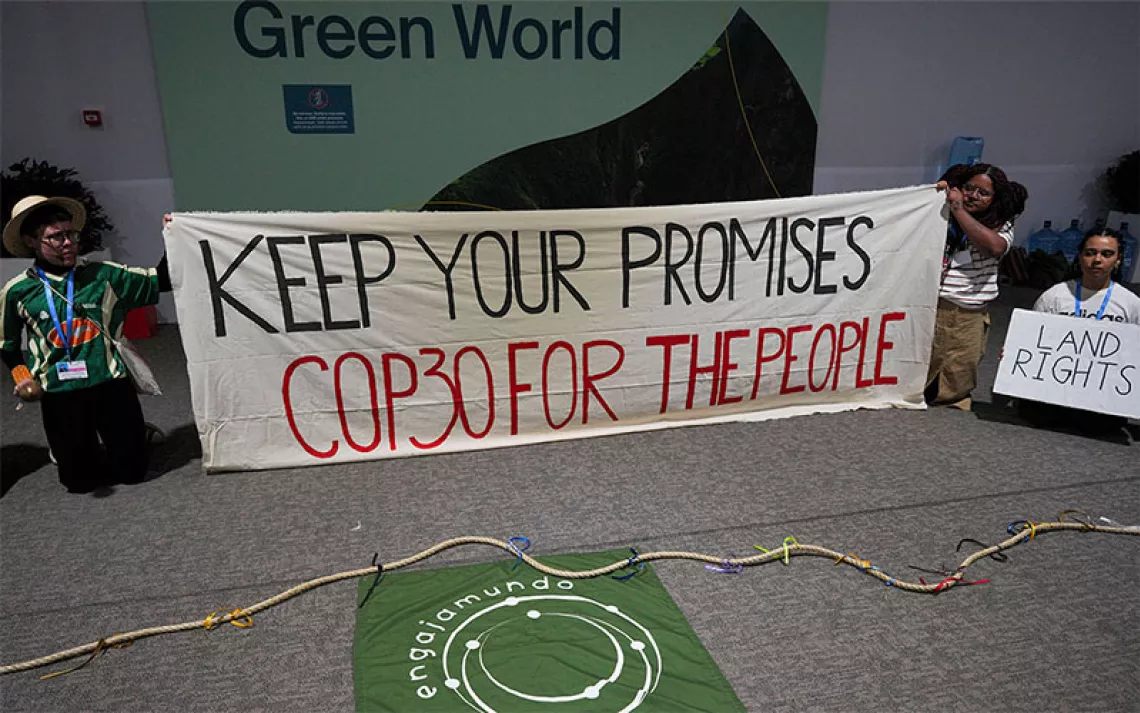In the Climate Change Countdown, It’s Time for Zero Hour
These youth activists want to wake America up to the climate emergency

Jamie Margolin, founder of Zero Hour | courtesy of Zero Hour
Sixteen-year-old Jamie Margolin is tired of living with the foreboding sense that her future, and that of the rest of her generation, is in jeopardy. “I was born after 9/11, so TSA has always been a reality for me, but so has the fact that life as we know it is ending,” she says.
She grew up in Seattle, Washington, often wondering why adults weren’t doing more to stave off climate change and why media outlets (if they acknowledged it all) seemed to underplay the threat. “It was like, ‘Yeah, climate change is a thing. I guess we’re worried about it,’” she says.
Margolin is done waiting for the grown-ups to grow up. On Saturday, July 21, she and other young people from around the country are holding a march and rally in the nation’s capital. That event will be preceded by a lobby day on Thursday and a day of art and performance on Friday.
More than 14 sister marches are planned in the United States and other countries, including ones in Miami, New York City, Los Angeles, London, and Sao Paolo.
Having been involved in local environmental groups from a young age, Margolin first got the idea for a youth-led national mobilization on climate after the Women’s March in 2017. But she wasn’t sure how to pull something like that off on a large scale. Then she went to a summer camp at Princeton University. Many of her classmates were from the Pacific Islands. Just after the program ended, the summer 2017 hurricanes struck, directly affecting many of the participants. “Suddenly it wasn't like this person on the news. It was my friends, people who I went to class with and studied with and stayed up too late with. It just really hits you,” she says.
To make matters worse, when she got home, wildfires from Canada were polluting Seattle’s normally crisp clean air with smoke. The city issued air alerts warning anyone with respiratory problems to stay inside.
In July 2017, Margolin posted the idea for a youth climate march in D.C. on Instagram. Friends told her to go for it. So she founded Zero Hour, an organization run by and for young people. Its purpose is to bring urgency to the national discourse on climate change and elevate the voices of youth, many of whom live in frontline communities already experiencing its impacts.
According to Margolin, Zero Hour is unique from other organizations because it is run entirely by young people. “If you're like, ‘OK, but who's really in charge?’ It's us,” Margolin says. “If you pull back the curtain, it's us.”
Sixteen-year-old Nadia Nazar is the art director, and Madelaine Tew, also 16, is director of fundraising. Tew is from New Jersey, and she was propelled into activism after seeing the damage caused by hurricanes Sandy and Irene. She is also worried about rising sea levels; New Jersey could experience up to two feet of sea level rise by 2050. “That’s major,” she says.” It'll affect people living here, our homes, our transportation.”
Many of the youth on the core planning team, Margolin says, are first time organizers who feel they finally have an outlet for activism that honors their agency and desire for self-direction.
One of the speakers at the rally will be 18-year-old Iris Fen Gillingham, who sits on the Earth Guardians National Council and is also a Zero Hour co-partnerships lead. She grew up on a farm in the Catskill Mountains in upstate New York. When she was 6, a 500-year flood destroyed the 10 acres her parents leased for their community-supported agriculture business; her family was forced to stop farming for a living. “In the span of five years, we had two 100 year floods and one 500 year flood,” she says. “The 500 year flood changed our lives.”
What does she plan to say when she takes the podium?
“I will probably touch on the importance of young people stepping up and of adults supporting young people, allowing them the space to speak up and listening to what we have to say. It's so important that we all hear each other’s stories. We are not powerful when we are divided and worried about our own separate things, but when we come together, we can create amazing change.”
Native American youth who protested at Standing Rock will attend the day of action as well as young people from other frontline communities. But organizers agree that July 21 is just the beginning for Zero Hour. “Our main goal,” Tew says, “is to send a message throughout the country that we as youth are not dormant and that we are here fighting for a livable and sustainable future until we get it. We will not stop mobilizing until we get the change that we deserve.”
“One of the stereotypes of teenagers nowadays is that they're always on their phones,” Gillingham says. “Well, we are, but we are leading conference calls and meetings, and sending emails and working to bring about a sustainable and just future for our generation.”
Find out more about the march and how you can participate.
 The Magazine of The Sierra Club
The Magazine of The Sierra Club



